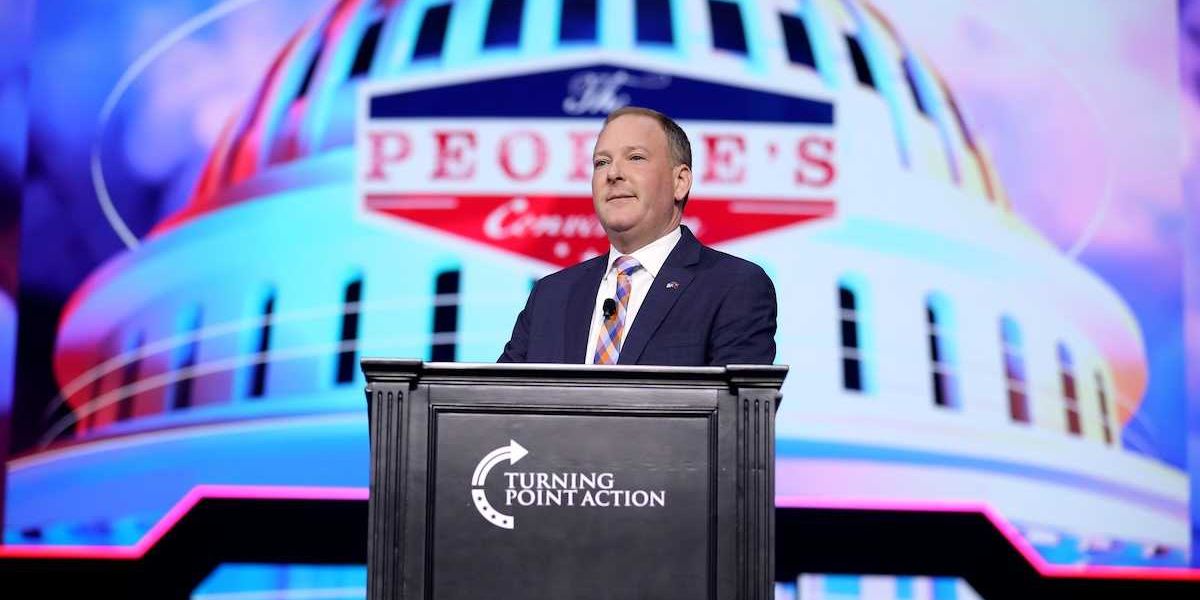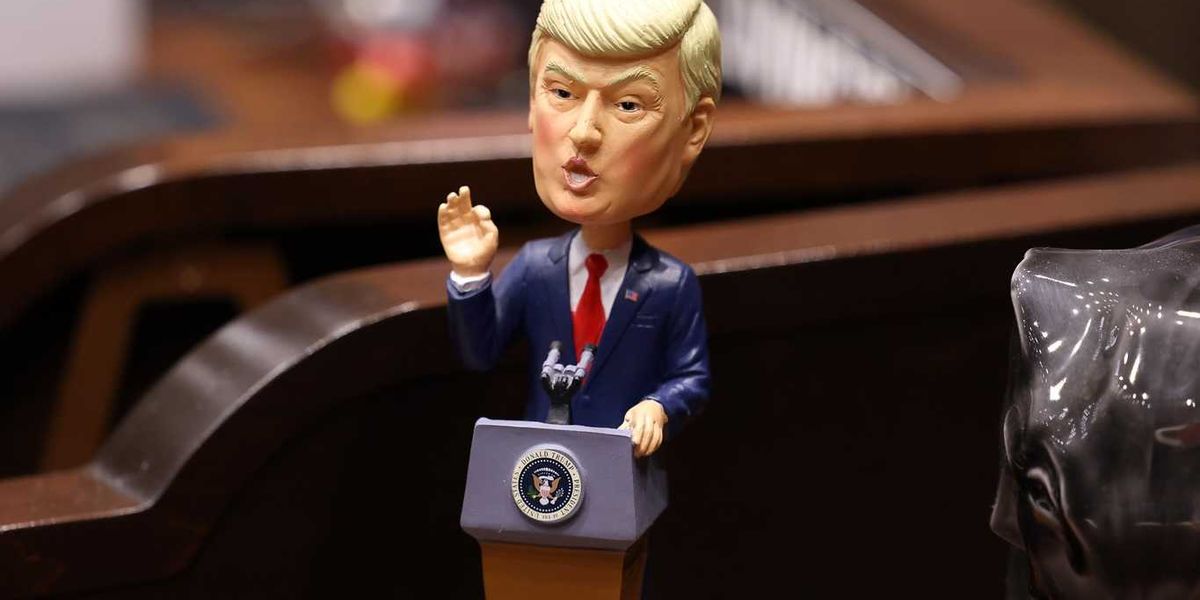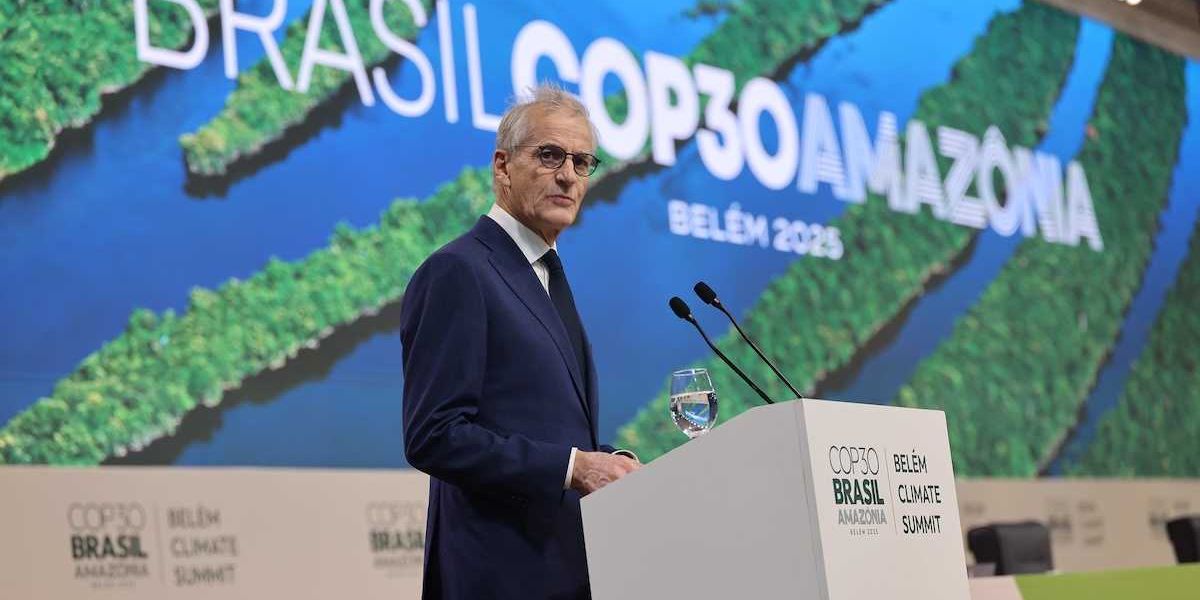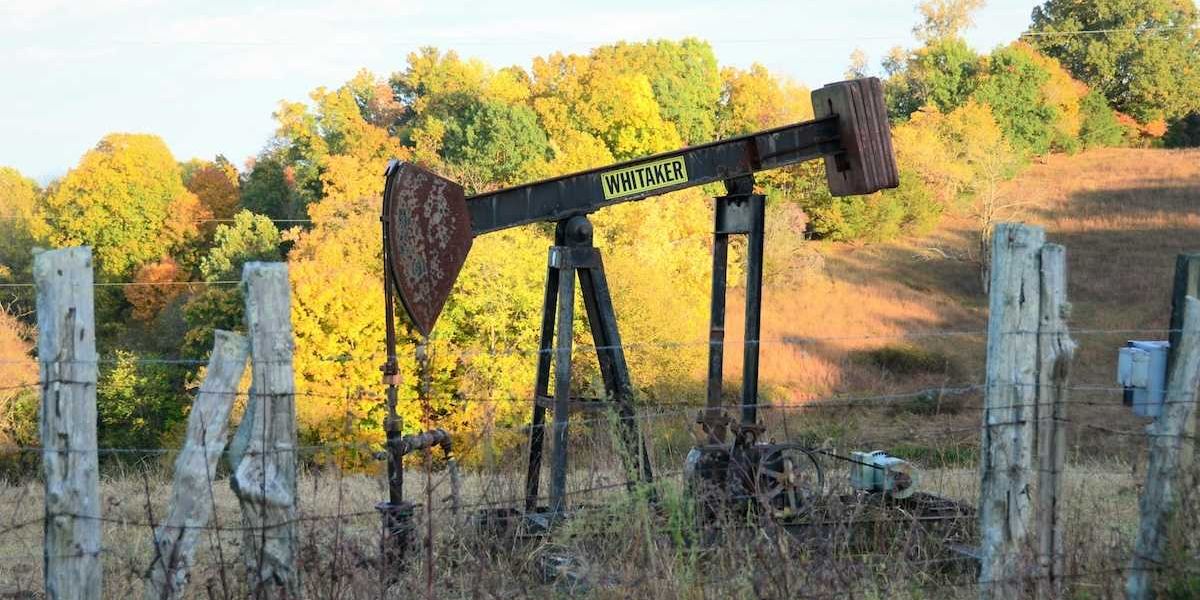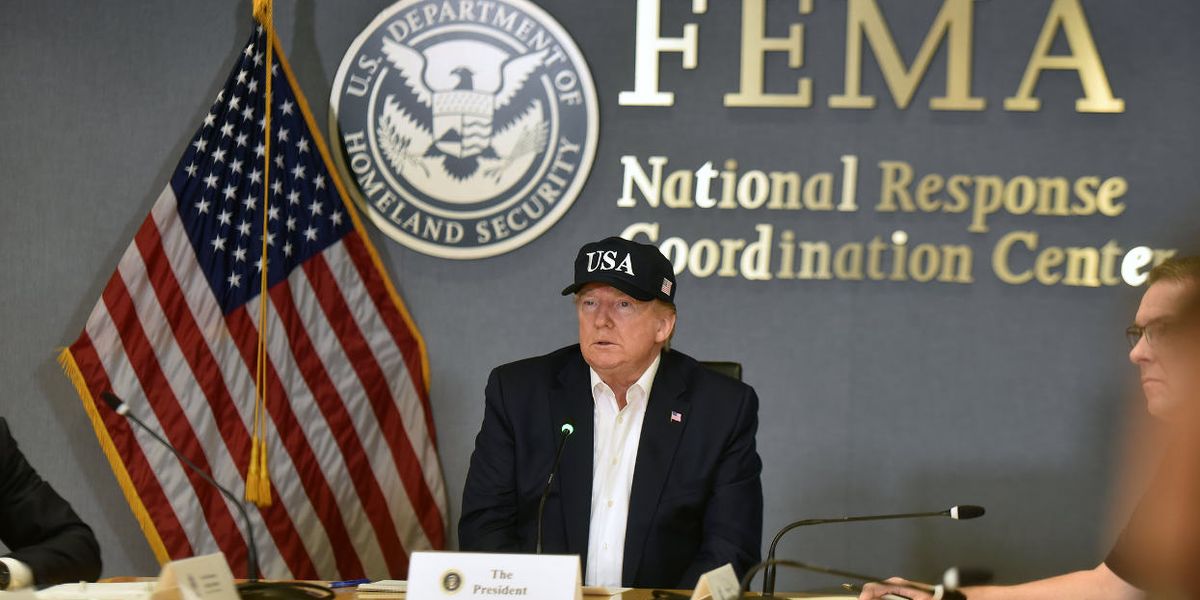
Op-ed: The biggest casualty of Trump’s Dorian deceit? Our common bonds
Trump ripped at a thread of our nation's social fabric—the weather.
President Trump's lies to corroborate his false claim that Hurricane Dorian would hit Alabama caused a destructive gale of its own. With this attack on science, Trump ripped at a thread of our nation's social fabric—the weather.
At a time when it feels as if shared truth hangs by a thread in a fractured media landscape, the weather still has the ability to bring us together around the metaphoric fireplace of our television screens. That is particularly true during hurricanes.
A 2012 survey by Nielsen and Sony found that Hurricane Katrina was the second most memorable televised event of the last 50 years, behind only the September 11, 2001 attacks. During peak interest in Hurricane Irene in 2011 and Hurricane Sandy in 2012, the Weather Channel briefly became the top-watched cable station in prime time among people 25-to-54 years old.
During the course of 2017, a year in which the United States was battered by Hurricanes Harvey, Irma and Maria, the Weather Channel reached a viewership of 70 million Americans. The cable network said Harvey coverage alone reached 37 million viewers.
Local weather is beyond dispute
At a local level, the weather also offers us something increasingly rare in America: a shared sense of indisputability. No matter what our political leaning, we thankfully still agree about whether it is sunny or hailing. A Democrat can't be applying sunscreen and mosquito repellant for a heat wave standing next to a Republican bundling up with a parka for a polar vortex.
We need all the indisputability our government can offer as climate change brings us more intense hurricanes. Most people know weather forecasting is a complex, science-based endeavor, and we all count on its being as accurate as possible. Millions of Americans hang on every word and graphic to make life and death storm preparations.
This of course escapes Trump. Even before Hurricane Dorian, Trump displayed his disinterest in accuracy with repeated proposals for major cuts to the National Weather Service. Congress thus far has ignored those cuts.
Dorian brought out the worst of this disinterest. The man who has sowed fathomless division with his more than 12,000 falsehoods as counted by the Washington Post, gave the nation his now infamous fake Alabama alert and altered map. Worse, rather than own up to his mistake, Trump set off a shameful chain reaction of bullying.
Unprecedented information
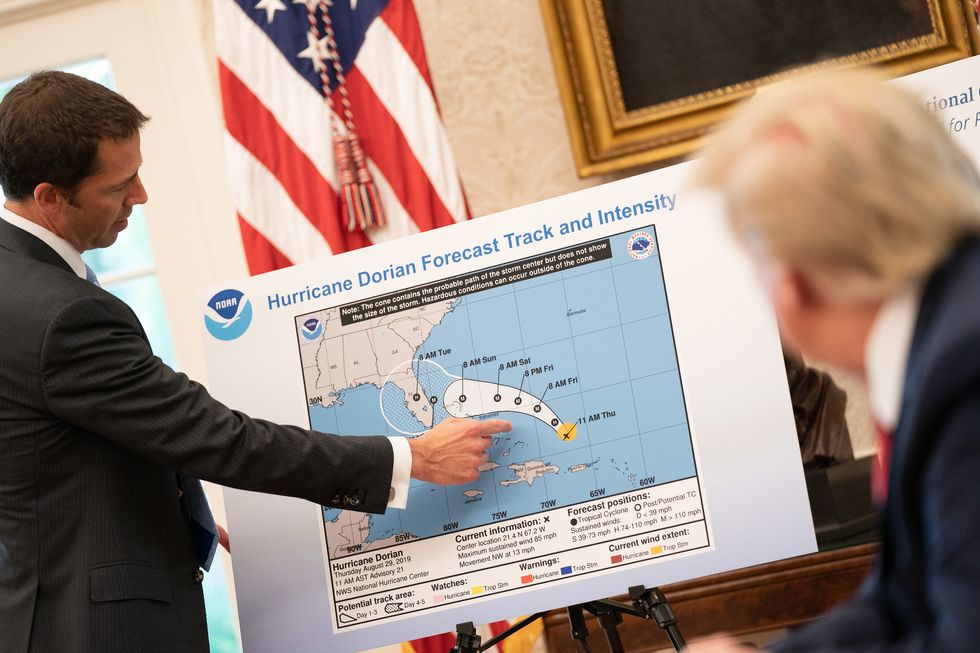
Credit: The White House
Trump reportedly ordered acting Chief of Staff Mick Mulvaney to order Secretary of Commerce Wilbur Ross to do something about that pesky National Weather Service office in Birmingham, Alabama that dared to contradict him by saying Dorian would not hit Alabama.
Ross responded by reportedly threatening to fire top officials at the National Oceanic and Atmospheric Administration, which runs the National Weather Service. A cowed NOAA leadership disavowed the forecast from the Birmingham office.
That hideous reversal sparked outrage from former NOAA officials. A disillusioned NOAA meteorologist told the Washington Post, "This is the first time I've felt pressure from above to not say what truly is the forecast. It's hard for me to wrap my head around. One of the things we train on is to dispel inaccurate rumors and ultimately that is what was occurring."
Years of inaccurate rumors spread by climate change deniers in high places have already succeeded in confusing and dividing Americans on the long-term causes of the extreme heat, sea level rise, wildfires, and intense storms we are already experiencing.
The divide on weather
According to a report this year by the Yale Program on Climate Change Communication, only 17 percent of Americans understand that nearly all climate scientists agree that human-induced global warming is happening.
In another report, Yale surveys found that while 85 percent of Democrats think global warming is affecting the weather and 60 percent say they personally experience climate change, only 42 percent of Republicans think warming is affecting the weather and a mere 22 percent say they experience climate change.
Similarly, a poll this year by Reuters/Ipsos found large differences between Democrats and Republicans on whether the weather was getting worse. While 66 percent of Democrats said hurricanes were getting worse, only 40 percent of Republicans thought so. Reuters said, "The divergence shows how years of political squabbling over global warming—including disputes over its existence—have grown deep roots, distorting the way Americans view the world around them."
The cumulative havoc hurricanes have wreaked upon the United States and its island territories in the last 15 years makes it the height of presidential irresponsibility for Trump to distort reporting about the weather itself. Predicting the path of catastrophic and potentially fatal storms is tough enough for people who train all their lives to save our lives and property.
Galileo once said, "In questions of science, the authority of a thousand is not worth the humble reasoning of a single individual." This episode proved the opposite. In questions of a hurricane, the authority of a rogue president should not supplant the storm tracks compiled by hundreds of humble meteorologists working behind the scenes.
Unlike this particular president who is blowing away the credibility of the White House with his Category 5 falsehoods, the scientists at the National Weather Service are there in the search for shared truth. Hopefully, they can weather this current storm, because we will sure need them for the next one.
Derrick Z. Jackson is on the advisory board of Environmental Health Sciences, publisher of Environmental Health News and The Daily Climate. He's also a Union of Concerned Scientist Fellow in climate and energy. This post originally ran on the UCS Blog and is republished here with permission.

